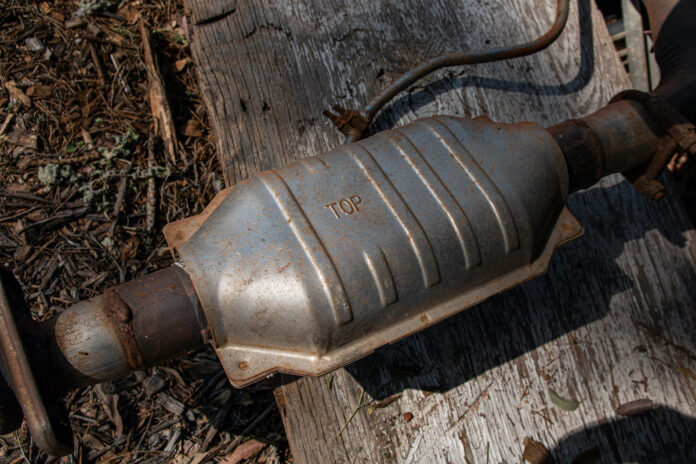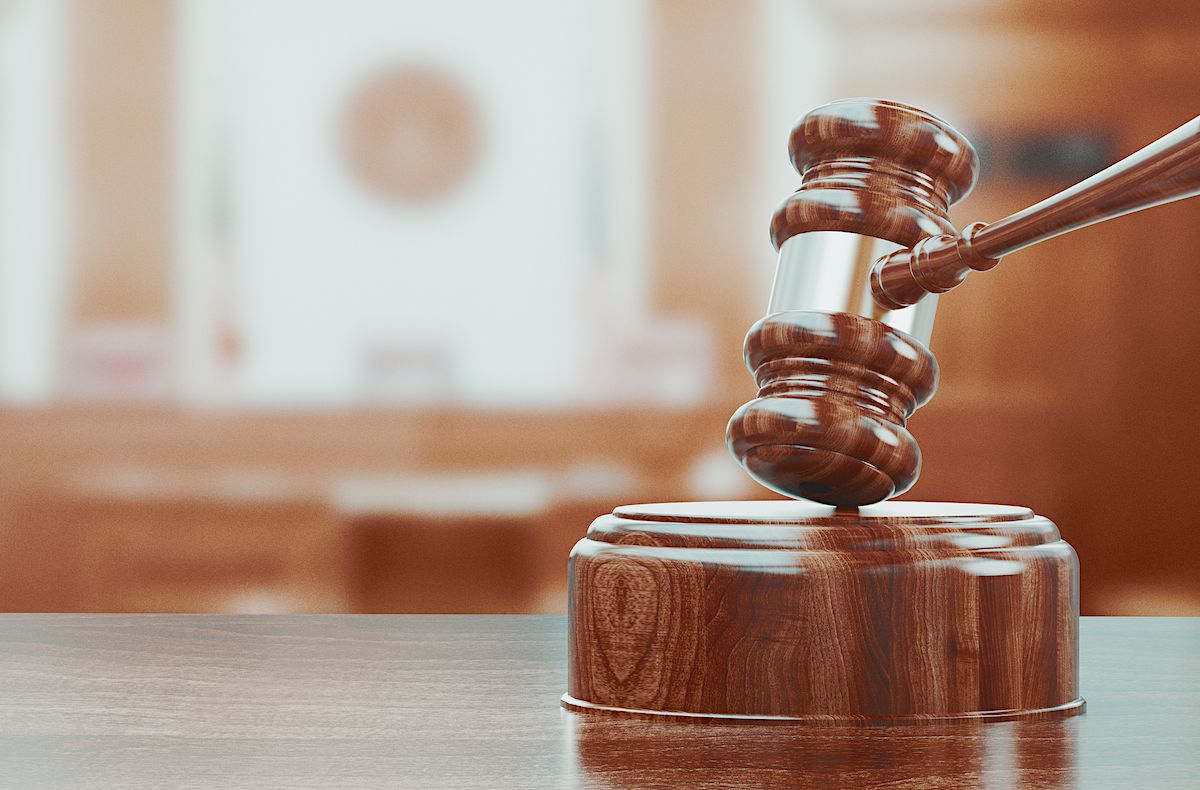
(Georgia Recorder) — The Georgia Supreme Court issued a unanimous opinion last week that opponents of civil asset forfeiture are calling a victory.
Civil asset forfeiture is a legal practice that lets police seize property they believe was involved in committing a crime or derived from the commission of a crime, even if nobody is charged with the crime.
The Supreme Court’s ruling holds that the government must follow state law by alleging and providing evidence for each specific element of a crime.
The court considered a case in which Decatur County Police seized property from the owners of a small scrap metal and waste-hauling business, SmithCo Recycling LLC. The business was at the center of what police said was a criminal enterprise buying and concealing stolen catalytic converters.
Catalytic converters are components of exhaust systems that convert pollutants into less toxic emissions. Because they are easily accessible on a vehicle’s undercarriage and contain valuable metals like platinum, palladium and rhodium, they are common targets for thieves. Georgia law has regulations on who can sell catalytic converters to metal recyclers.
On Dec. 3, 2021, the state filed a civil asset forfeiture complaint against the property that was seized from, among other locations, SmithCo Recycling’s business address.
On Feb. 18, 2022, the state filed a second amended complaint alleging the owners or workers purchased catalytic converters or other regulated metals that they “knew or should have known were stolen,” stole roll-off containers, enlisted others to purchase scrap vehicles or stolen catalytic converters and conducted business without required documentation.
Lawyers representing the accused moved to dismiss the case, partly arguing that the second complaint failed to meet the legal requirement of alleging the “essential elements” of the criminal violation supporting the asset forfeiture.
There are two essential elements of theft by taking: unlawfully taking the property of another with the intent of depriving the rightful owner of the property.
The trial court and the Georgia Court of Appeals ruled that the state met its obligation, with the Court of Appeals acknowledging that “the second amended complaint does not explicitly allege that the catalytic converters or the roll-off containers were taken with the intent to deprive the rightful owners of the property, the requisite intent can be inferred from the allegation of the complaint.”
But the Supreme Court disagreed.
“While these allegations about the purchase and sale of property known to be stolen may create an air of criminality, they fail to allege any facts showing that any person unlawfully took another’s property ‘with the intention of depriving him of the property.’”
Advocates say the evidentiary standard for civil asset forfeiture is much lower than it is for securing a criminal conviction, and while it is intended to disrupt organized crime, targets are most often low-income people or members of minority groups who are not charged with a crime and have little recourse to claim abuse.
The Institute for Justice, a nonprofit law firm seeking to oppose government abuse, gave Georgia a D- for its civil forfeiture laws for what it calls a low standard of proof to seize property, poor protections for innocent property owners, and a large profit incentive for law enforcement agencies.
“Georgia’s protections for property owners in civil forfeiture cases are already some of the weakest in the nation, and they were at risk of being watered down even further by the lower courts. But today’s decision ensures that law enforcement still must satisfy basic pleading requirements by alleging each element of a crime and the facts it believes indicate the crime was committed before it can seek to permanently forfeit someone’s property,” said IJ Senior Attorney Dan Alban, who co-directs IJ’s National Initiative to End Forfeiture Abuse.
“Not only is that required by Georgia statute, but it is a basic requirement of due process for someone to know what the allegations are so that they can defend against them,” he added. “This decision is a victory for property rights, but much more work needs to be done to fully protect property owners in Georgia from forfeiture abuse.”







